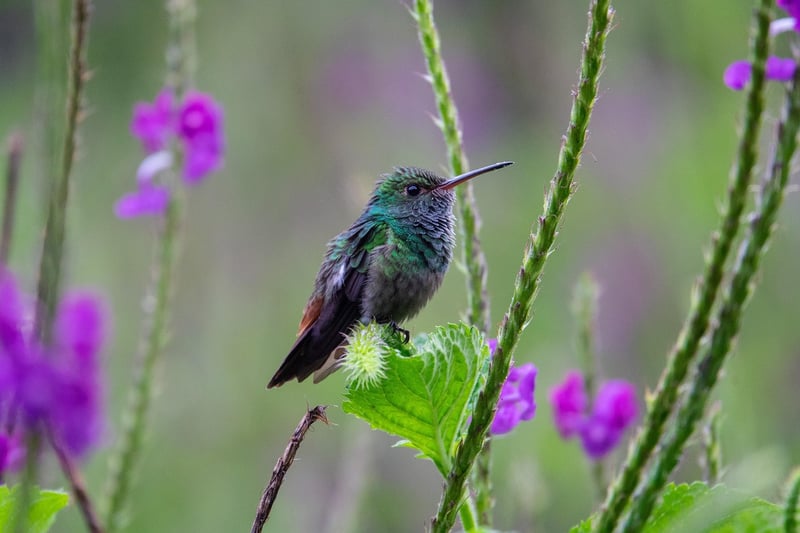Urban Biodiversity
#Environmental Conservation
#Green Infrastructure
#Eco-conscious Living
Creating Eco-Friendly Outdoor Spaces for Urban Biodiversity

The Importance of Urban Biodiversity
Urban biodiversity plays a crucial role in maintaining the ecological balance of our cities. It encompasses the variety of plant and animal species that coexist in urban environments, contributing to cleaner air, improved water quality, and overall healthier ecosystems.
Tips for Creating Eco-Friendly Outdoor Spaces
- Choose native plants: Native plants require less water and maintenance, support local wildlife, and are better adapted to the local climate.
- Reduce lawn areas: Replace traditional lawns with native ground covers, wildflowers, or permeable hardscapes to reduce water consumption and provide habitats for insects and birds.
- Implement rainwater harvesting: Collect rainwater in barrels or cisterns to use for watering plants, reducing the strain on municipal water resources.
- Use sustainable materials: Opt for recycled or reclaimed materials for outdoor furniture, decking, and structures to minimize environmental impact.
- Encourage wildlife habitats: Incorporate bird feeders, bee hotels, and butterfly gardens to attract and support a diverse range of urban wildlife.
Benefits of Eco-Friendly Outdoor Spaces
- Improved air quality
- Enhanced biodiversity
- Reduced water usage
- Lower maintenance costs
- Healthier ecosystems
Conclusion
By incorporating eco-friendly practices and creating biodiverse outdoor spaces in urban areas, we can contribute to the conservation of local wildlife, promote sustainability, and create healthier environments for both people and nature to thrive.
For more information on urban biodiversity and eco-friendly landscaping, visit National Wildlife Federation.
